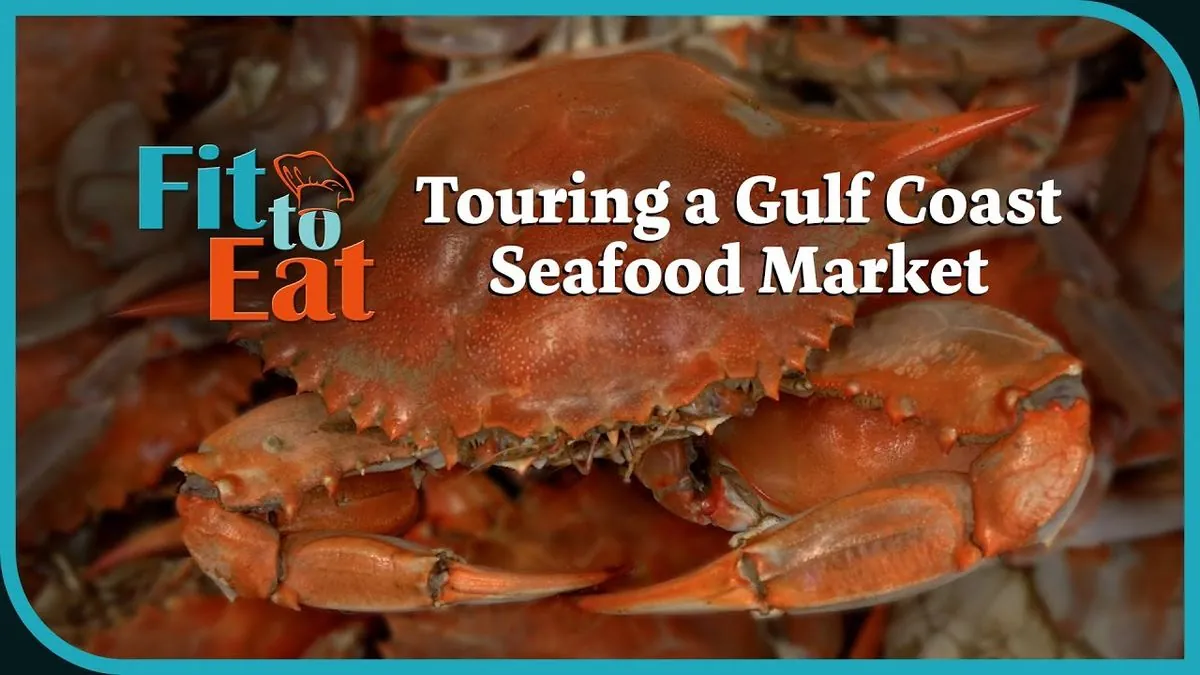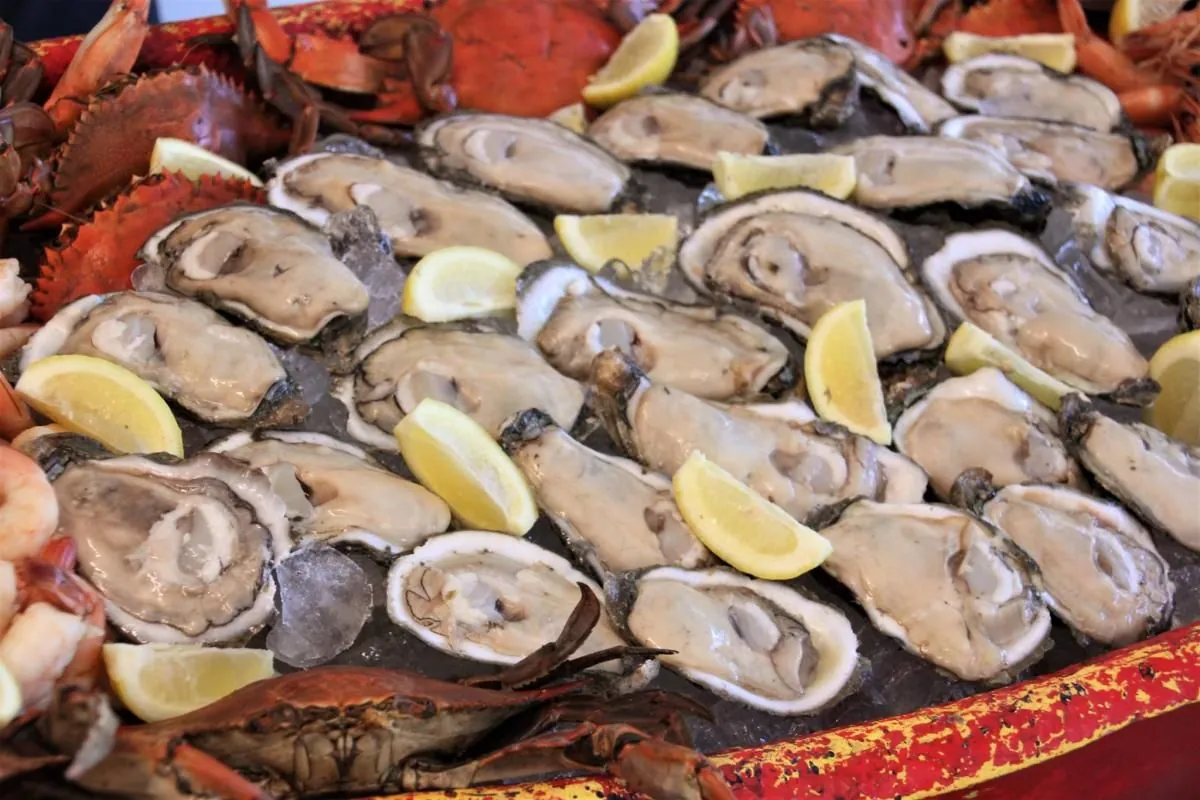Mississippi Seafood Giant Admits to Massive Fish Fraud Scheme
Major seafood distributor and managers plead guilty to mislabeling imported fish as local species. The long-running scheme impacted the Gulf Coast market and deceived customers for nearly two decades.

Quality Poultry and Seafood Inc. (QPS), the largest seafood wholesaler on the Mississippi Gulf Coast, has admitted to a extensive fraud scheme involving the mislabeling of imported fish as local species. This revelation comes as part of a broader investigation that has also implicated a well-known local restaurant.
QPS and two of its managers, Todd A. Rosetti and James W. Gunkel, pleaded guilty to conspiracy charges related to seafood misbranding and wire fraud. The company has agreed to forfeit $1 million and pay an additional $150,000 fine.
The fraud scheme, which operated from 2002 to November 2019, involved selling foreign-sourced fish to restaurants as substitutes for local species. This practice not only deceived customers but also negatively impacted the local seafood market. The Gulf Coast region, known for its rich marine biodiversity, produces 70% of the nation's oysters and 69% of domestic shrimp.

The case is linked to Mary Mahoney's Old French House, a prominent Biloxi restaurant that pleaded guilty to similar charges in May 2024. The restaurant admitted to fraudulently selling approximately 58,750 pounds of mislabeled fish between December 2013 and November 2019.
Todd Kim, Assistant Attorney General of the Justice Department's Environment and Natural Resources Division, stated:
This case highlights the ongoing issue of seafood fraud, which is estimated to occur in 25-70% of seafood products globally. The FDA, responsible for ensuring the safety of about 80% of the U.S. food supply, conducts approximately 1,200 seafood inspections annually.
The impact of this fraud extends beyond consumer deception. Todd Gee, U.S. Attorney for southern Mississippi, emphasized that falsely marketing imported fish depresses the value of the local catch on the Gulf Coast. This practice undermines the efforts of local fishermen and the sustainability of the region's seafood industry, which generates over $250 million annually.
Alarmingly, QPS continued its fraudulent practices for more than a year after FDA agents executed a criminal search warrant, selling frozen fish imported from Africa, South America, and India as local species.
The sentencing for Mary Mahoney's and its co-owner/manager, Anthony Charles Cvitanovich, is scheduled for November 18, 2024. QPS and its managers will face sentencing on December 11, 2024.
This case underscores the need for stricter regulations and monitoring in the seafood industry. With climate change altering fish migration patterns and overfishing leading to declines in local fish populations, ensuring the authenticity of seafood products is more crucial than ever for both consumer trust and environmental sustainability.


































